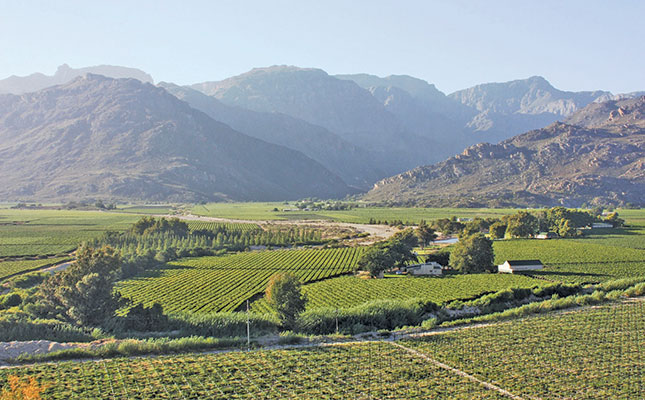
Photo: FW Archive
If the Land and Agricultural Development Bank of South Africa (Land Bank) and National Treasury cannot reach a mutually acceptable plan with the bank’s creditors on how its approximately R40 billion debt will be restructured and its misfortunes sustainably turned around, the agricultural sector faces an uncertain future.
This was according to Dr John Purchase, Agbiz’s CEO, who said that what exactly was happening in current negotiations between the parties “is the million-dollar question”.
READ Botched land reform costing agri department R2 billion
The Land Bank, National Treasury, and the Land Bank’s lenders, including Standard Chartered and FirstRand, had according to a source who spoke on condition of anonymity, been in round-the-clock negotiations ahead of the 31 March deadline for the Land Bank to either sufficiently placate its lenders and save itself, or potentially see its operations being wound up.
Farmer’s Weekly reported late last year that the Land Bank had already defaulted on its April 2020 deadline to repay its lenders part of its R50 billion collective debt.
In June last year, National Treasury allocated R3 billion as an equity investment to recapitalise the bank.
This was followed by an October announcement by finance minister, Tito Mboweni, that National Treasury would allocate a further R7 billion over the medium-term to assist the Land Bank with its restructuring.
Farmer’s Weekly also reported that the bank’s woes were exacerbated after international credit ratings agency, Moody’s, downgraded its corporate family rating and long-term issuer ratings to a sub-investment grade.
“If the Land Bank [is able to continue operations but] defaults even further on its obligations, there are going to be systemic impacts on South Africa’s broader agricultural sector. What exactly these impacts will be, and how big they will be, we don’t know. We are really concerned about the situation at the Land Bank,” said Purchase.
READ Budget 2021: ‘Government scraping the bottom of the fiscal barrel’
He added that the R10 billion support promised by Mboweni to the Land Bank would likely only be sufficient to address the bank’s current and immediately foreseeable debt commitments, but may not to be sufficient get it fully functional again.
Agri SA’s executive director, Christo van der Rheede, said the Land Bank’s continued operations were of “critical importance” for both existing large-scale farmers and new smaller-scale entrants to the sector.
“I don’t see how the Land Bank will ever be sustainable if it doesn’t have a good crop of big commercial farmers [as clients]. For any financial institution to be sustainable, it needs to have a mix of high-risk clients, together with middle- and lower-risk clients,” he said.
Van der Rheede added that the Land Bank’s previously stated intention to reduce its larger-scale farmer clients to focus more on financing developing farmers would mean that it could no longer operate as a bank. This would be “in contravention of the [National] Credit Act”.
“These negotiations need to bring some certainty to the market. Farmers who have been loyal clients of the Land Bank for many years are facing serious challenges because the bank has indicated that it will no longer be assisting them. We look forward to being informed of the outcome of the negotiations and as to what extent the Land Bank will be repositioning itself.”
In response to Farmer’s Weekly’s request for a progress update from the Land Bank regarding the negotiations, a message from the bank’s executive manager for strategy and communication, Sydney Soundy, said the bank would be issuing a statement in due course.
This statement had not yet been issued by time of publishing.










